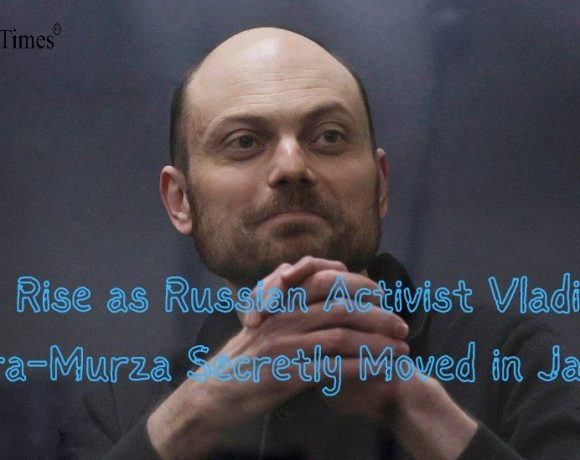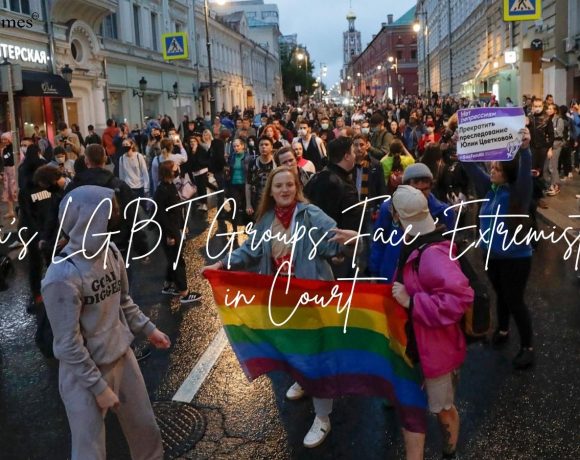
A lawyer representing Russian opposition figure Vladimir Kara-Murza, who was imprisoned on treason charges for criticizing the war in Ukraine, has disclosed that he has been relocated to another prison in Siberia’s Omsk region. Concerns for his safety heightened when Kara-Murza disappeared from his initial jail, prompting UK Foreign Secretary David Cameron to seek clarity on his whereabouts. Russian prison transfers are typically secretive and can take weeks.
Previously held in a penal colony in Omsk, Kara-Murza’s lawyers revealed that he was moved to a different penal colony in the same region. The British national, sentenced to 25 years in April for spreading “false” information about the Russian army and alleged affiliation with an “undesirable organization,” had been an outspoken critic of President Vladimir Putin and had played a significant role in advocating for sanctions against Russian officials for human rights abuses and corruption.
Kara-Murza’s wife expressed deep concern over his transfer, emphasizing that there were no apparent grounds for it. She highlighted the gravity of the situation, as her husband had previously survived two alleged assassination attempts in 2015 and 2017 through poisoning. The British government, along with the US State Department, condemned Kara-Murza’s sentencing and described him as a target of Russia’s escalating repression campaign.
The UK government summoned Russia’s ambassador and pledged to explore measures against those responsible for his detention and mistreatment. Kara-Murza, who holds British citizenship, received support from various quarters, including UK Foreign Secretary David Cameron, who demanded information about his whereabouts.
Picture Courtesy: Google/images are subject to copyright

